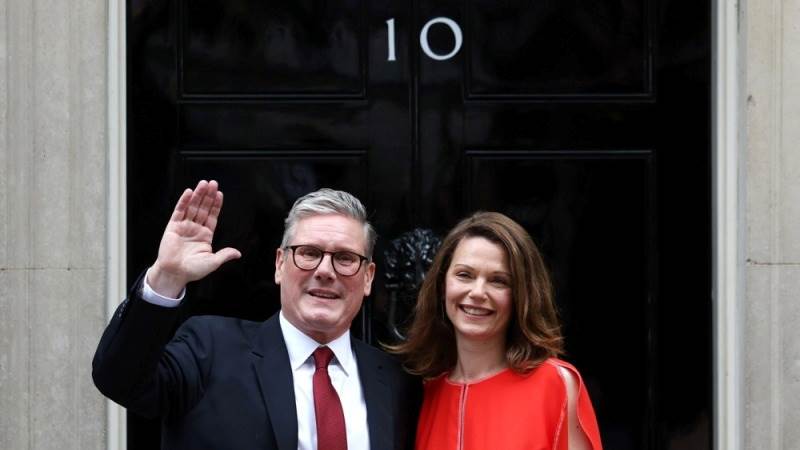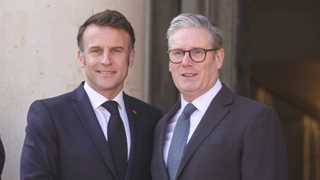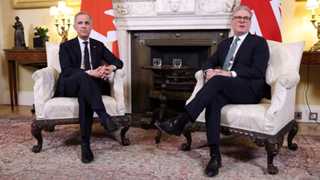"We did it!" – exclaimed Labour Leader Sir Keir Starmer after it was revealed that his party claimed a landslide victory in the United Kingdom's general election. "Change begins now," he added. It's been a long wait of 14 years to snatch the government from the Tories' hands, and even a longer run for the former barrister from a London borough to the very top of the British and international politics.
Starmer was born in 1962 in the Southwark district of London to a nurse mother and a toolmaker father, and grew up in Surrey. He attended a grammar school that was first state-funded and then switched to a fee-paying one, and was also an aspiring young musician, playing the flute, piano, recorder, and violin. In 1985, Starmer graduated from the University of Leeds with first class honors and a Bachelor of Laws (LLB) degree, and then from St Edmund Hall, the University of Oxford, as a Bachelor of Civil Law (BCL).
The future prime minister became involved in politics as a teenager. His parents were Labour supporters, he was even named after the party's first parliamentary leader, Keir Hardie, so he joined Labour's youth wing Young Socialists when he was 16. During his university years, he edited the Socialist Alternatives, a magazine of Trotskyist tendencies. Starmer put his political career on hold when he became a barrister, paving a stellar career in the field of human rights, notably on the subject of death penalty, and becoming Queen's Counsel (QC), a title used for an advocate believed to be highly skilled in his job. In July 2008, he was appointed as the head of the Crown Prosecution Service (CPS) and director of Public Prosecutions, holding the latter position until 2013. In the meantime, he wasknighted for his services, becoming a “Sir.”
In the meantime, Starmer remained a member of the Labour Party, standing for election for the first time in 2015 and becoming the member of the parliament (MP) for Holborn and St. Pancras, a position he would retain in 2017, 2019, and 2024. During his early years as a backbencher, Starmer backed the campaign for the UK to stay in the European Union, which proved to be unsuccessful. Following the Labour Party's defeat in the 2015 general election, its then-leader Ed Miliband resigned, and some activists urged Starmer to enter the race for his successor; he declined, citing a lack of experience. He was then appointed to next Labour Leader Jeremy Corbyn's shadow cabinet to first lead the immigration department and then the one dedicated to overseeing Brexit. During that time, Starmer unsuccessfully urged a second Brexit referendum while strengthening his position within the party, eventually becoming its leader in 2020 with the support of the likes of former Prime Minister Gordon Brown and London Mayor Sadiq Khan.
During the last four years of their reign, the Tories' oversaw the outbreak of the COVID-19 pandemic, Russia's military operation in Ukraine, the conflict between Israel and Hamas, all of which contributed to an economic decline and a rise in inflation, topped with three leadership changes – with Starmer initially claiming he would not be "scoring any political points" from those. However, with multiple crises around, the public seemingly began losing trust in the Conservative Party's ability to handle them, which resulted in the Labour Party winning 412 seats in the House of Commons and the Tories only 121.
What can be expected of Starmer's premiership remains to be seen. So far, he has expressed his support for, among other topics, reforming public services, notably the National Health Service (NHS), strengthening the economy, and promoting clean energy on the home front, and the two-state solution for Israel and Palestine on the international one. Congratulatory notes from all around the world have already begun pouring in. Now the question remains if "Great Expectations" will turn into "The Chimes" or "Hard Times."




